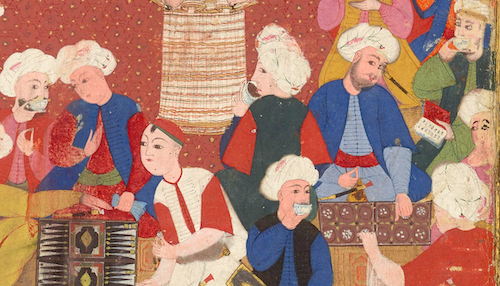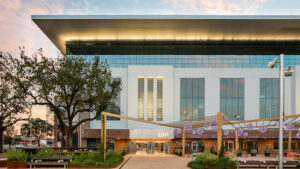History of Coffee and Coffeehouses: 1500-1800
RECORDINGS ARE AVAILABLE FOR PURCHASE BELOW FOR BOTH COURSE DATES.
This two-part course traces the rise and dissemination of coffee in the period between 1500 and 1800 CE. We will explore the architecture, social atmosphere, and culture of coffeehouses from a cross-cultural perspective. Coffee, a plant native to the highlands of Ethiopia, was first consumed as a hot beverage in Yemen during the fourteenth or fifteenth century. In the sixteenth century, the new drink spread beyond the Arabian Peninsula.
Coffeehouses then proliferated in the eastern Mediterranean region, Ottoman Turkey, and Safavid Iran. In the second half of the seventeenth century, coffee and coffeehouses were introduced to Europe.
In the first lecture Farshid Emami will take us to the Ottoman and Safavid lands, focusing on the cities of Aleppo, Istanbul, and Isfahan. The second lecture explores the early European coffeehouses of Venice, Paris, and London.
Farshid Emami is an associate professor of art history at Rice University where he specializes in art and architecture of the Islamic world with a focus on the early modern period and particularly Safavid Iran. Trained as an architect and urban designer, Professor Emami completed his Ph.D. in history of art and architecture at Harvard University.





